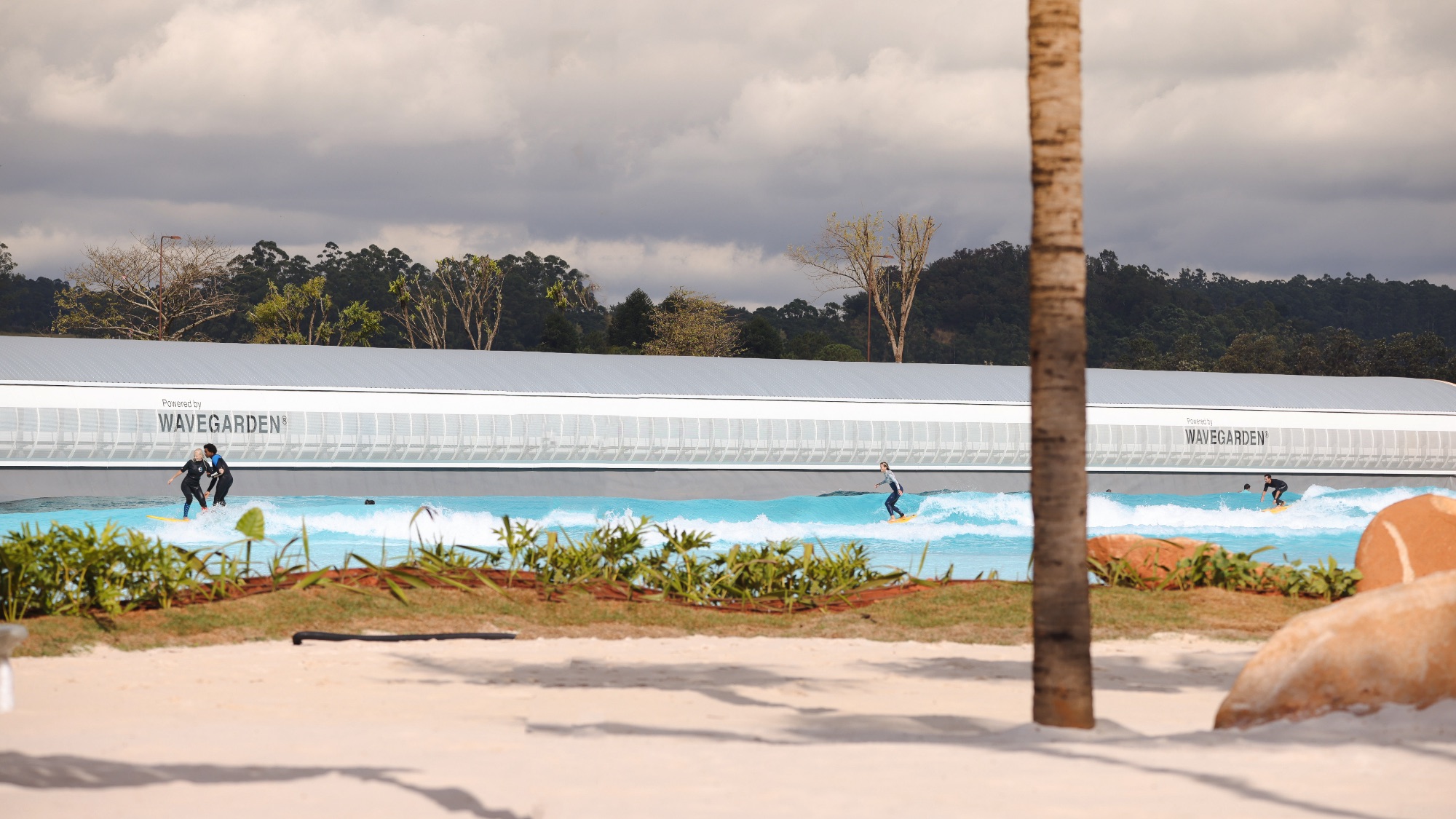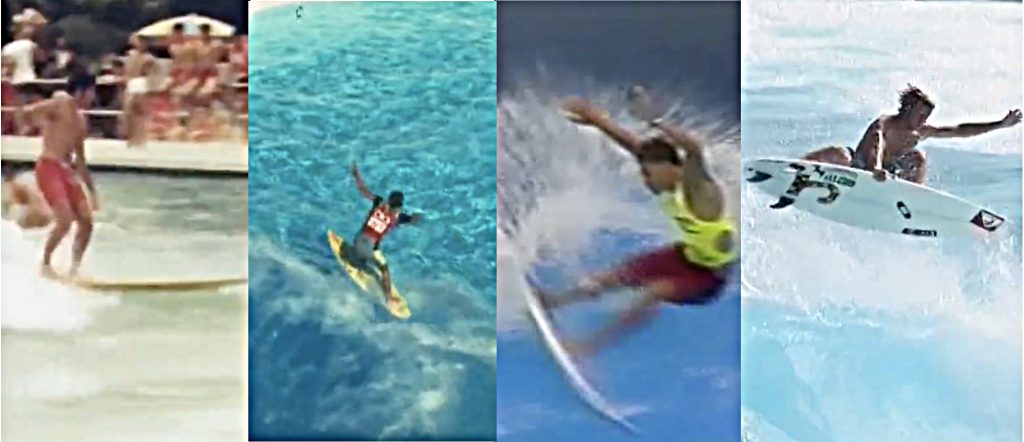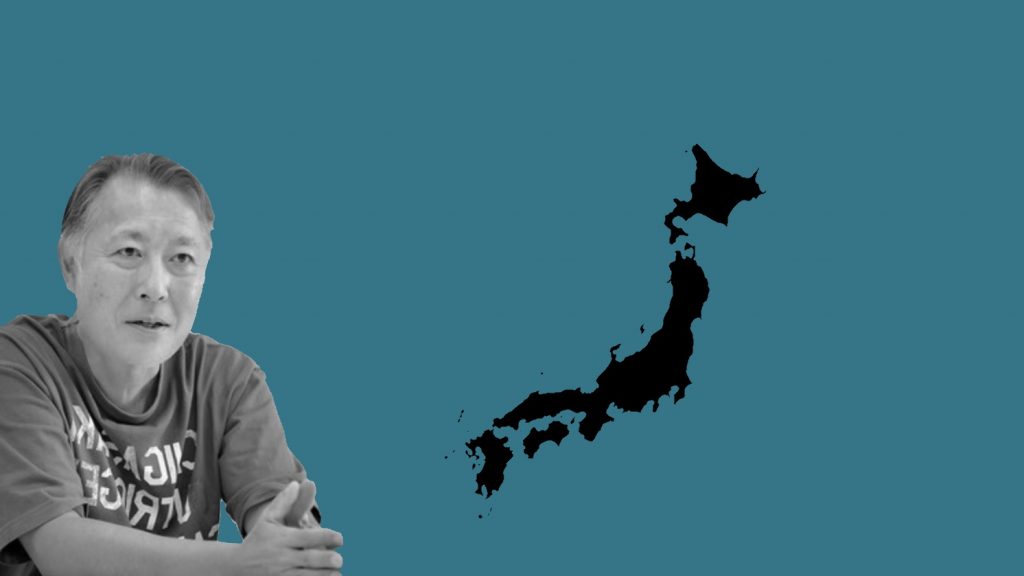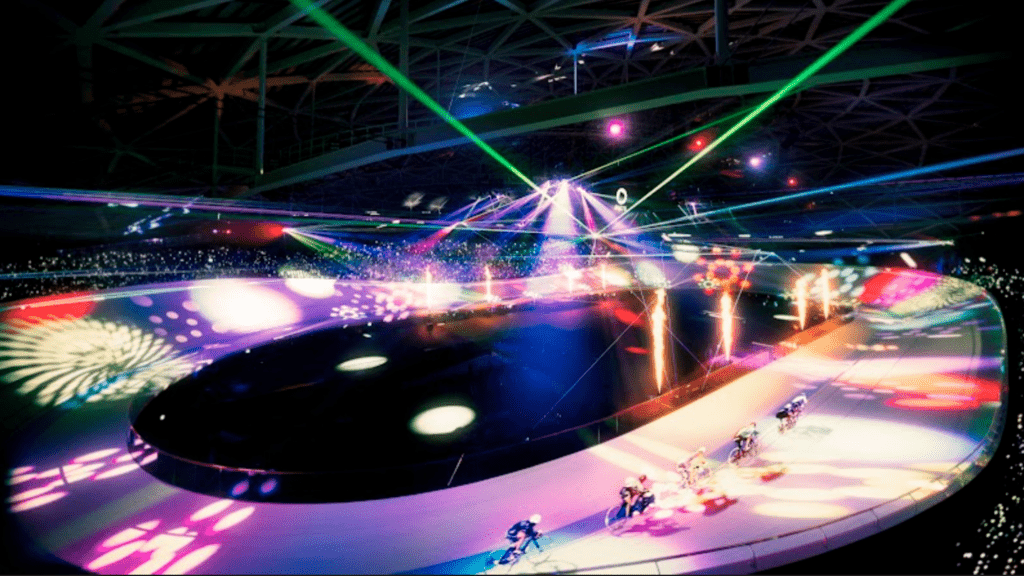Big in Japan: Company famous for bike tracks enters wave pool game

More wave pools are coming to Japan as JPF, a company with deep experience in bicycle racetracks, just inked a deal with Wavegarden. Plans are to meet the country’s growing demand for surfing by developing up to seven projects in different regions of Japan in the next seven years.
Wave pools in Japan kicked off in the 1960s with the Summerland pool near Tokyo. As that wave tank waned in popularity, the ‘80s hosted events like the Marui Wave Pool Pro which offered full ASP points and prize money. But it was Ocean Dome in Miyazaki that caught the world’s attention and cemented the country’s name in surf park lore. Adding to that, Surf Stadium Japan, using PerfectSwell technology, opened this summer.
Japan is THE country of surfing at the moment having hosted surfing’s first Olympic debut and taking home bronze and silver medals. JPF says they did an online survey of nearly 1000 people in the Tokyo metropolitan area. Nearly 80% said they would surf if a wave pool was nearby. The company says the proliferation of surf tanks will revitalise the region and create new beach culture
“Overseas, there are facilities that count more than 140,000 visitors a year,” said JPF Managing Director Yoshihiro Kuba. “The surrounding condominiums are sold out when the construction project starts, and it is more than just a resort facility, it also has an appeal as a detonator for regional revitalization.”

Mr. Kuba said his company is well-positioned to enter the pool game having been involved in large-scale bicycle projects many of which are internationally known, the most famous being the Chiba Bicycle Racecourse.
“We thought that there was something in common with our other business, so we started the wave pool business,” he said.
Kuba added that wave pools like bicycle tracks also create a safe, contained environment to practice the sport.
“Wavepools have various uses such as risk avoidance training for children at the beach, lifesaver training, surf experience for people with disabilities, as well as the popularization of surfing,” he said. “We will do more than just provide waves to surfers. Instead, we can create a beach culture that is familiar to the natural environment.”

The first plan is to build a 40,000 square meter facility with a 160-meter-long Cove with a 200-meter central wall. That’s about the size of the Urbnsurf Cove facility. The total cost of the system with surrounding amenities will be about 6 billion yen or $53 million US.
Wavegarden has seven facilities in operation and currently five projects in the pre-construction and construction phase, including Garopaba Brazil, California and Sydney Australia. The company said in a statement there are a further 47 pools under development on five continents.
In July, Wavegarden also announced a new alliance in Latin America with Brazilian developer KSM Realty, the company behind Praia da Grama. In Australia, the Aventuur Group is planning to build one of the world´s largest Wavegarden Coves in Perth.

Related Coverage
